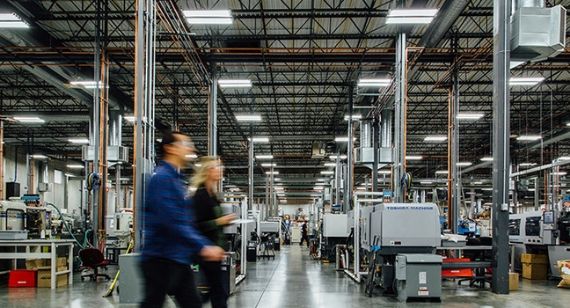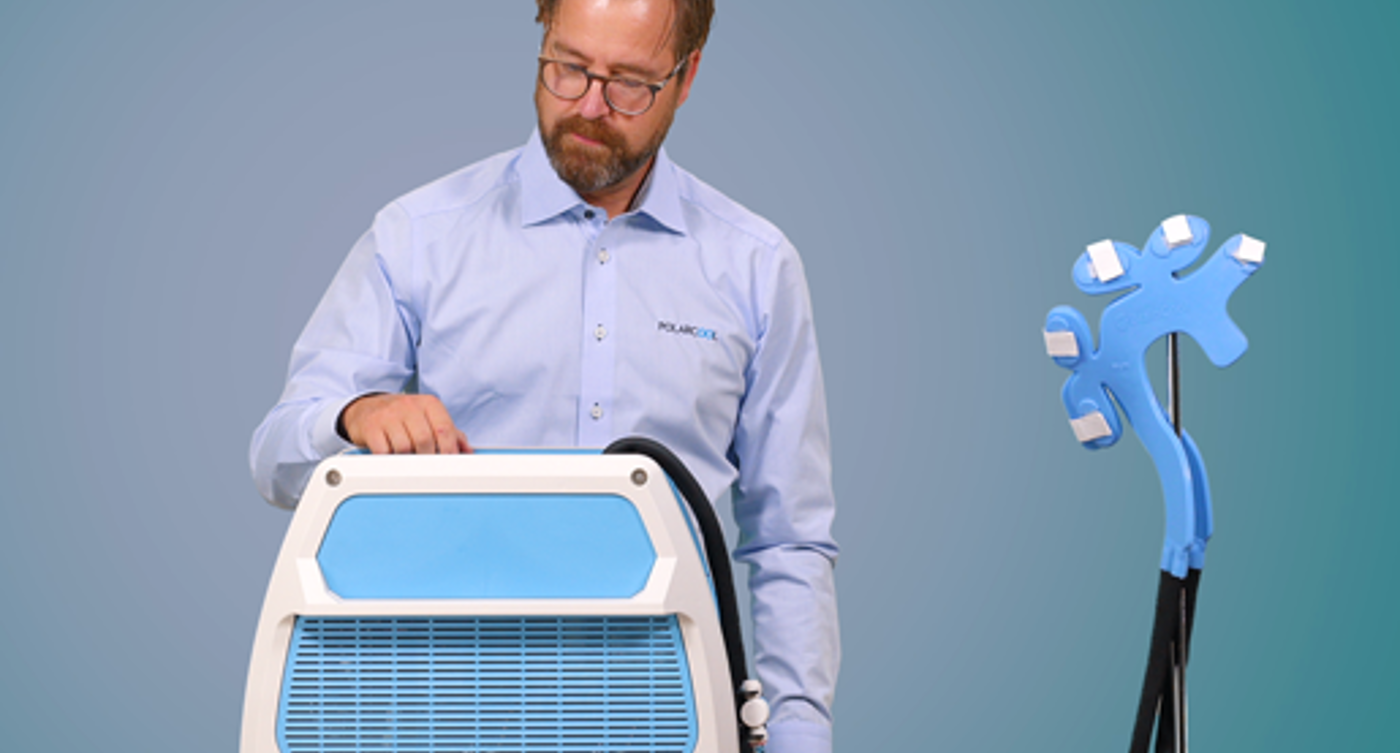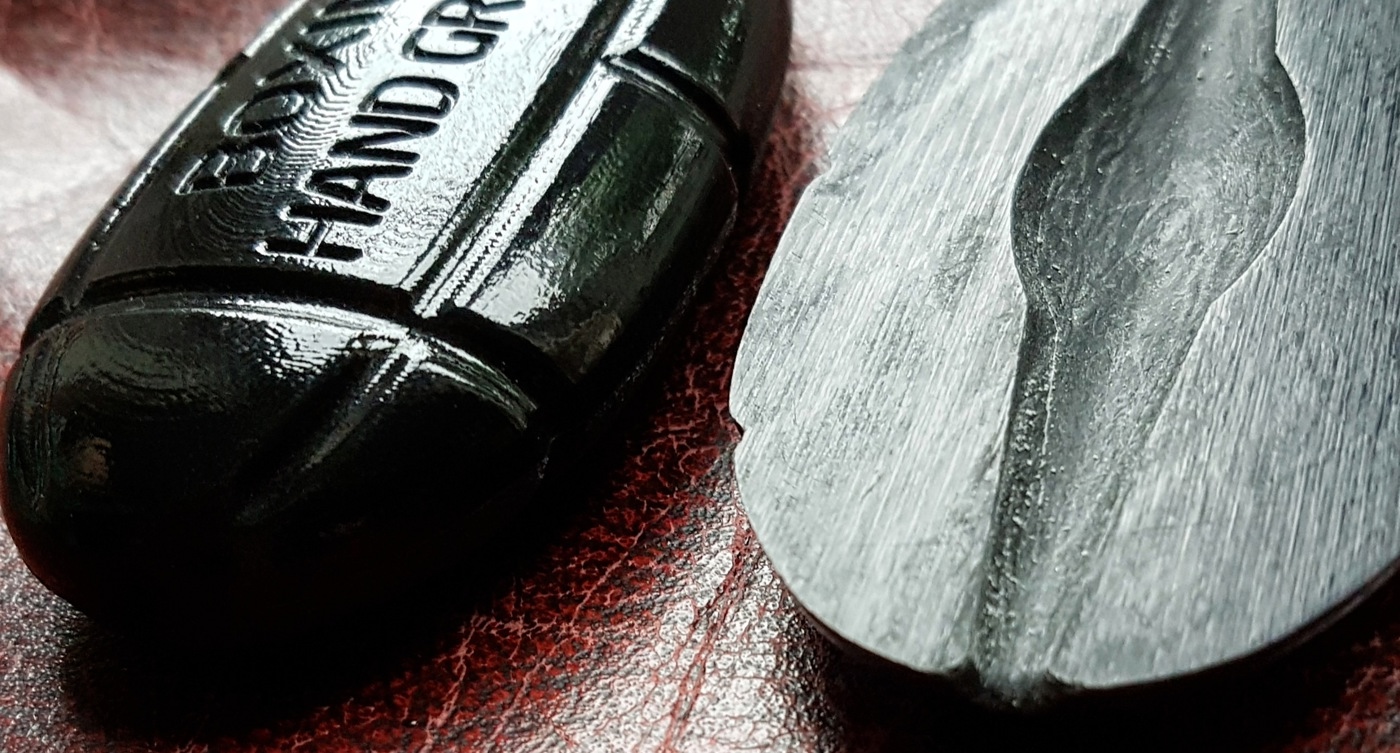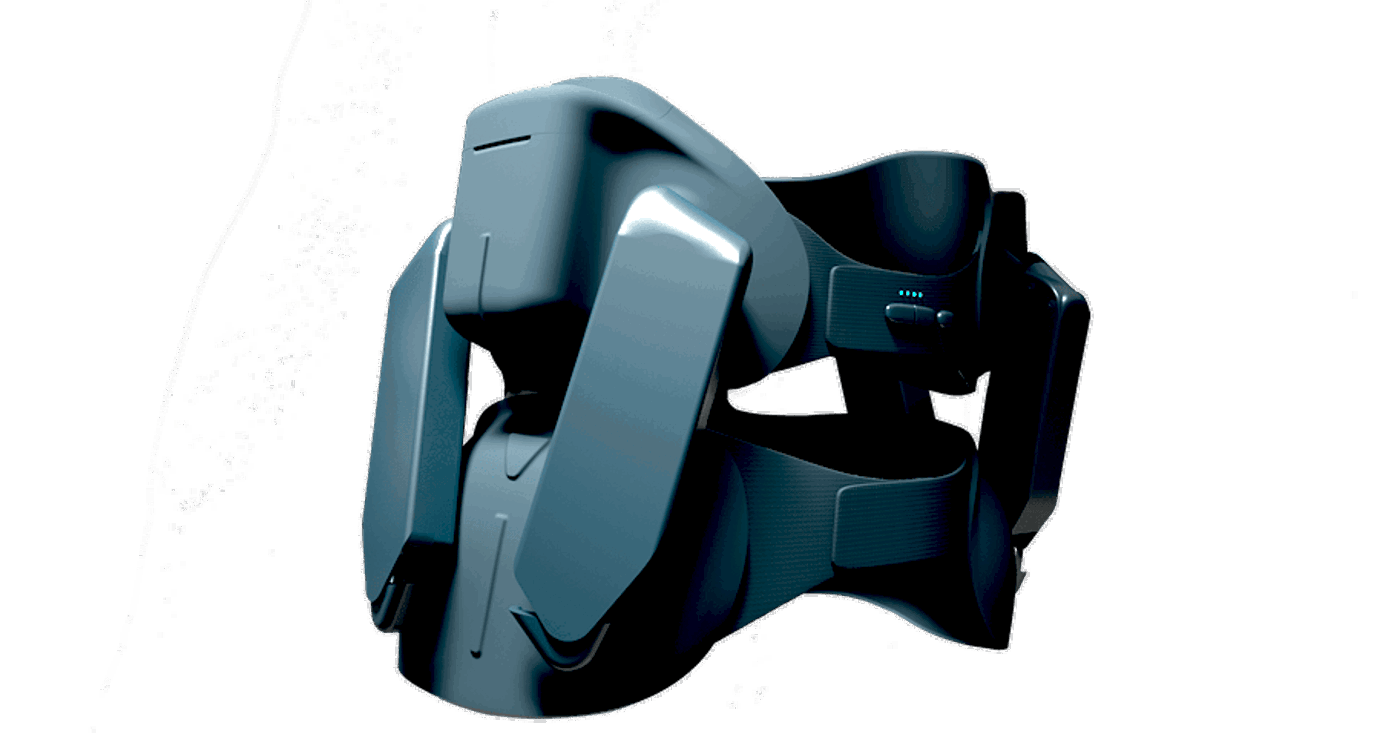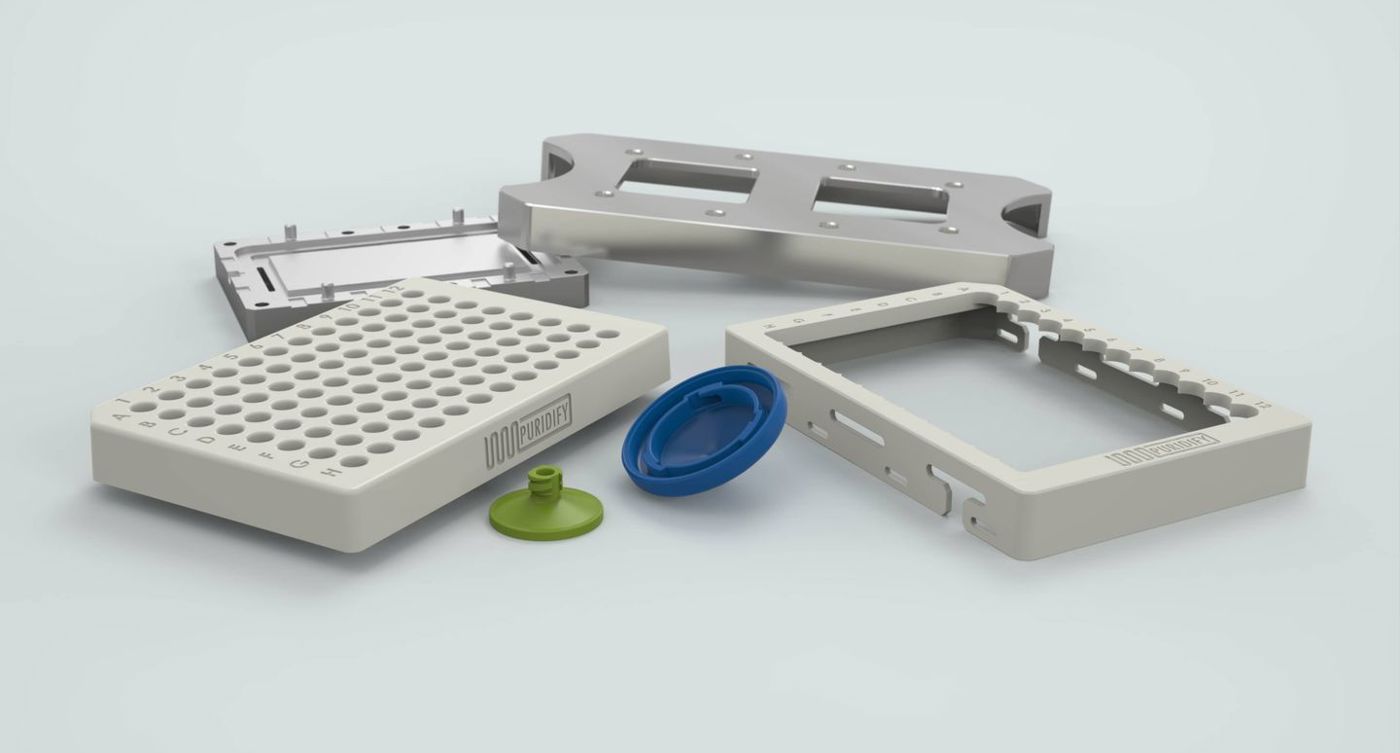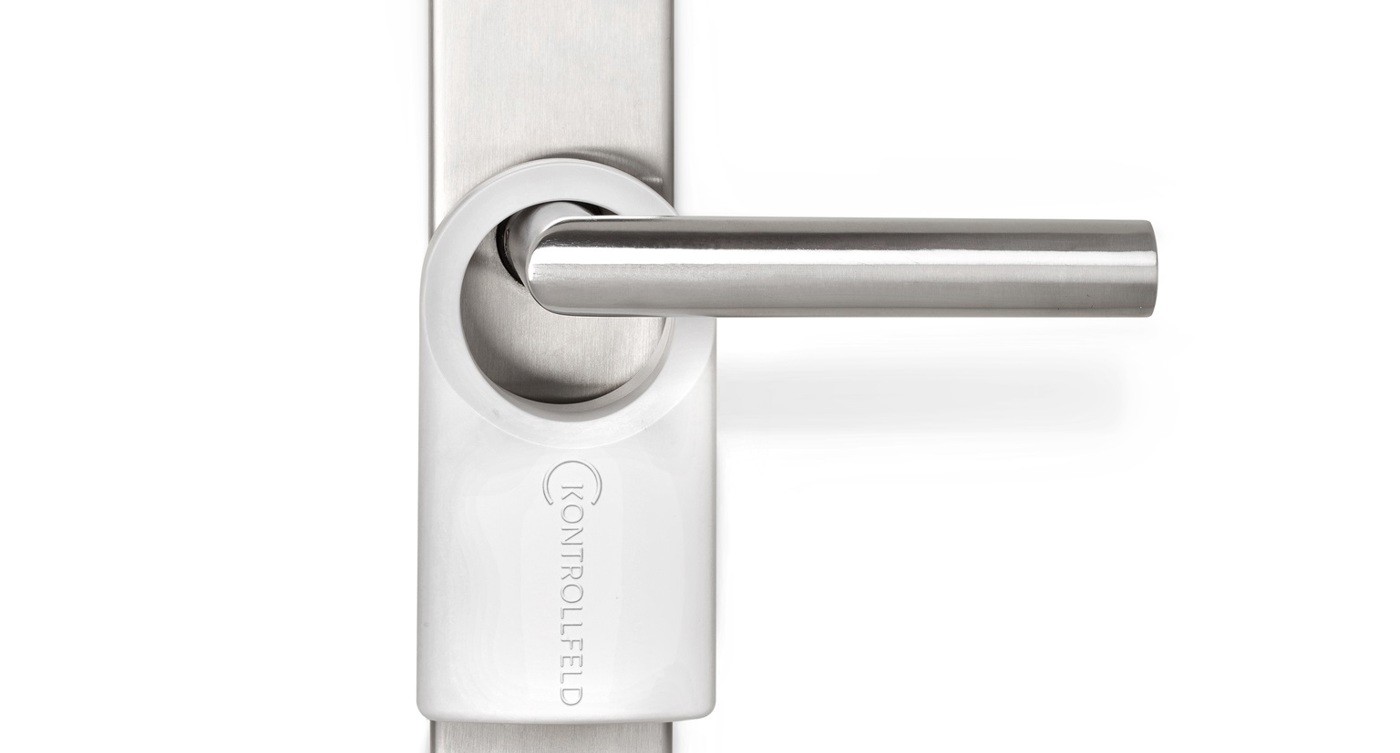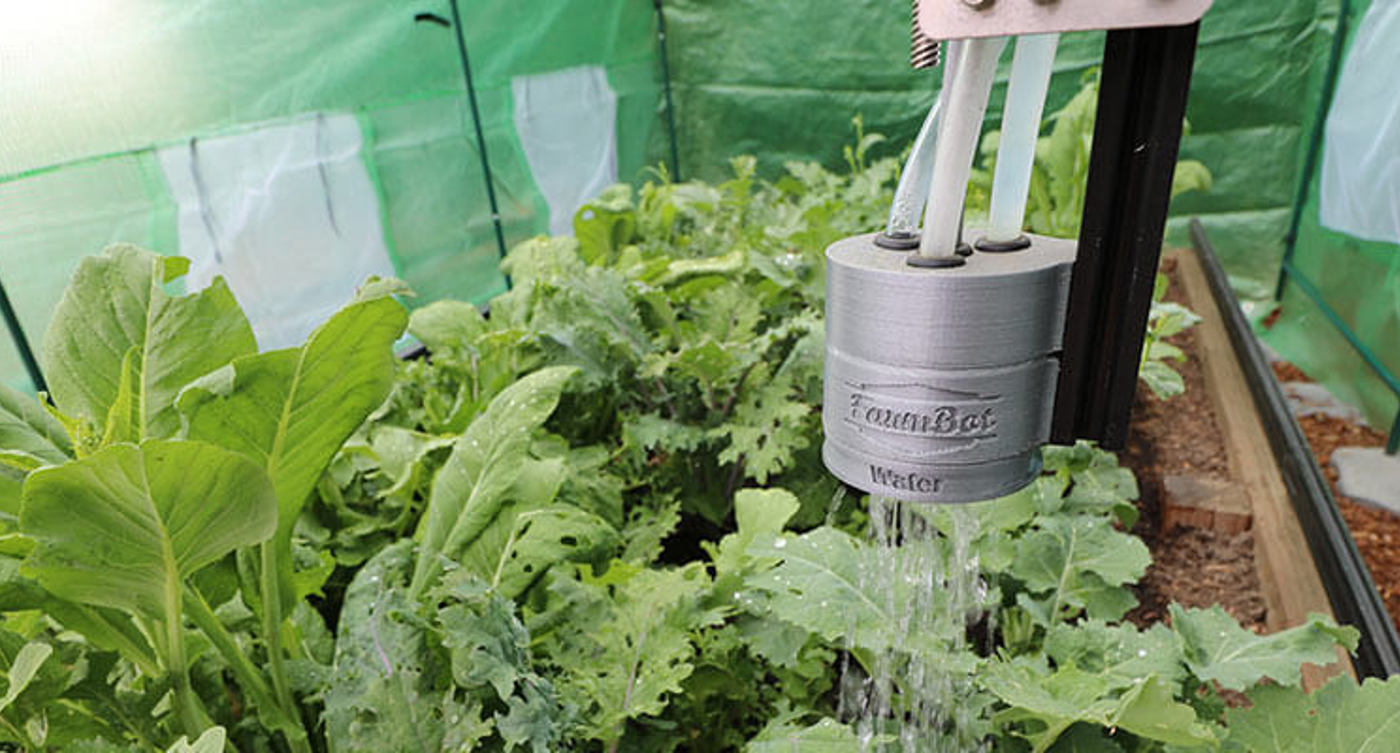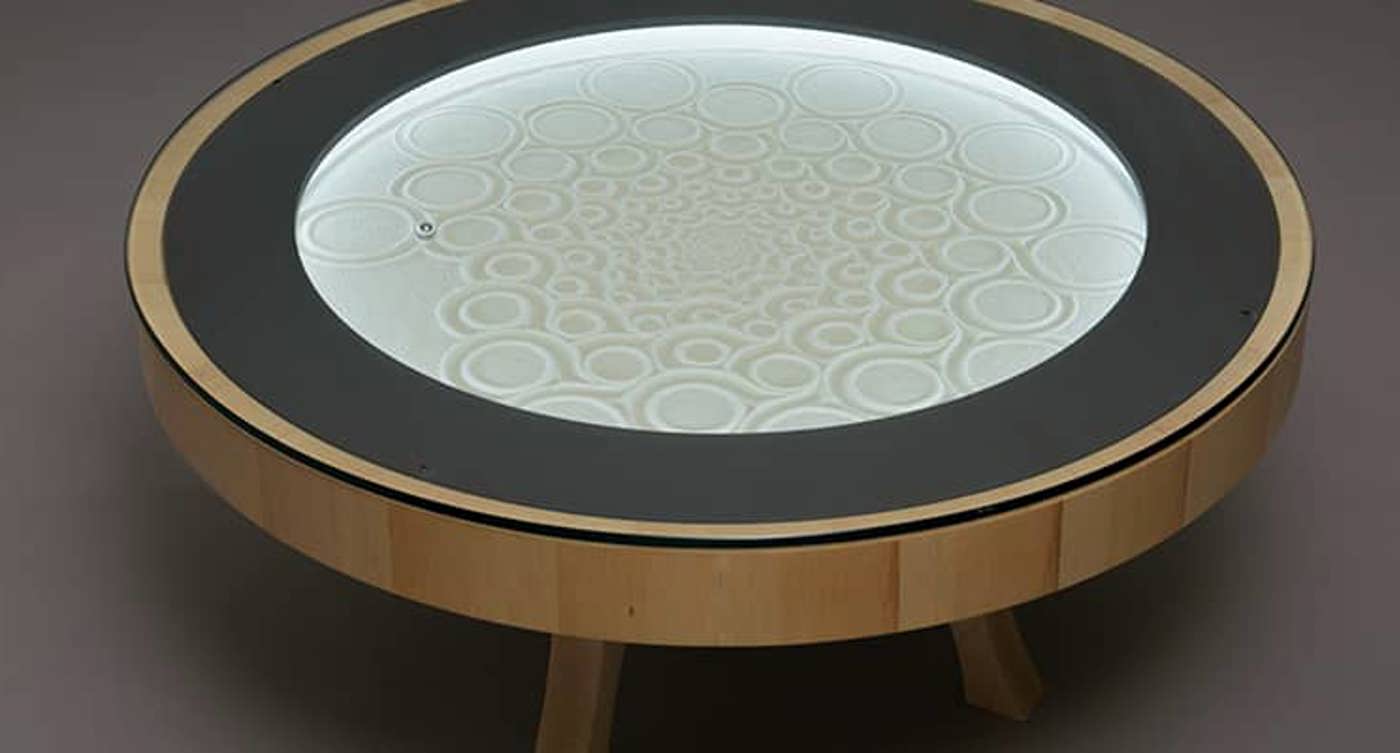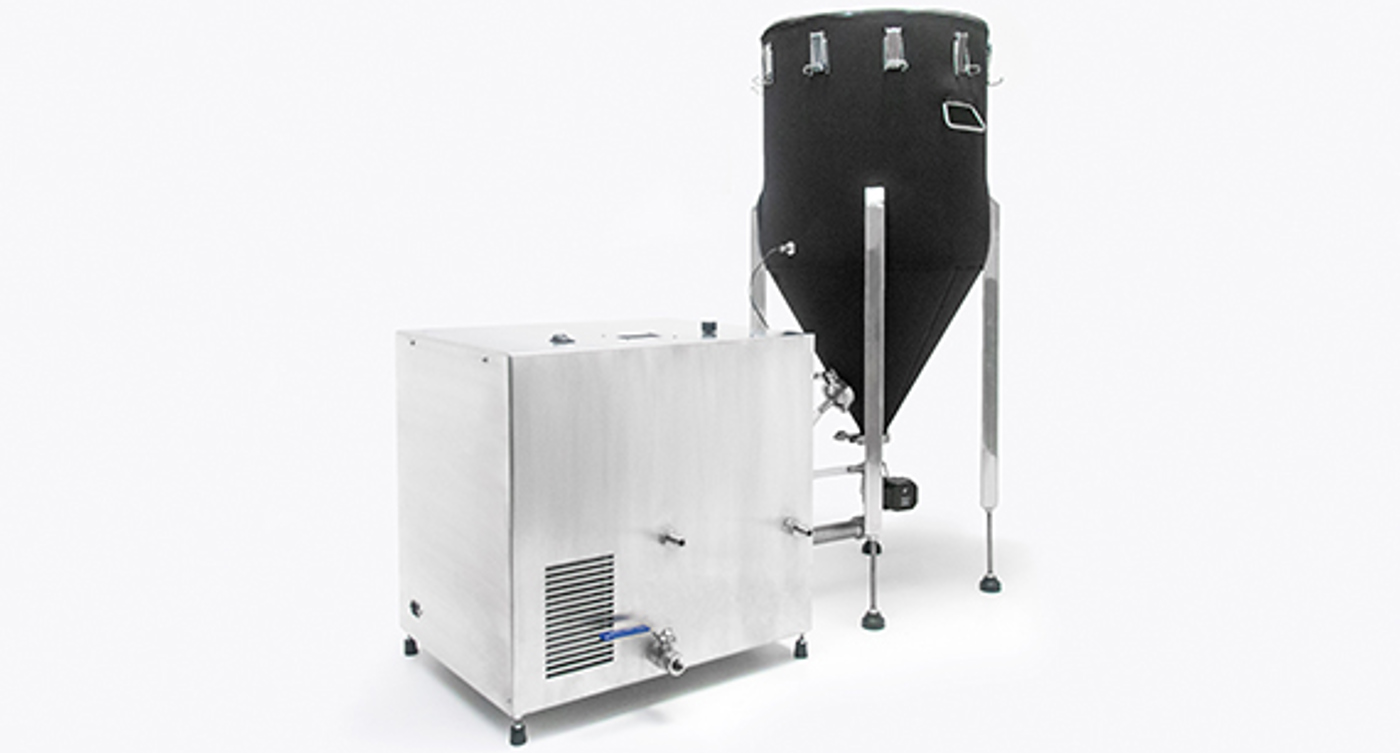Startups – Connecting You to a World of Faster Innovation
We can help your startup business develop solutions for the challenges that you will face and maximise your products’ potential using our digital manufacturing.
shield_locked All Uploads are Secure and Confidential
ISO 9001 | ISO 13485 (Protolabs Network) | ISO 14001 | ISO 45001 | JOSCAR | DNV Qualification of Manufacture Certification for Inconel 718
Risk and increasing capital expenditure are not the only challenges that you need to consider. Startups fail for a number of reasons including, being out-competed, a flawed business model, regulatory challenges, a mistimed or poorly designed product, your team and/or investors being a bad fit, a business pivot gone bad or you simply become burnt out. You can avoid many of these with the right intervention or support at the right time.
This page focuses on the challenges faced by startup businesses, the challenges you will face and some solutions, trends within industry, scaling up and much more.
1. Increase Speed to Market
- Quotes within hours, parts within days.
- Short manufacturing turnaround times support multiple design iterations.
- Development is accelerated and products are launched to market faster than before.
2. Design Better Parts
- Automated design for manufacturability (DFM) analysis provided free in every machining and moulding quote, highlighting potential issues and providing immediate solutions.
- Application engineers available to discuss design challenges and offer support.
- Extensive library of online resources including guidelines, tips, and white papers.
3. Reduce Risk
- Cost-effective aluminium tooling validates design before capital investment in steel tooling is made.
- Manufacturing scale to relieve capacity issues and subsequent production delays for companies that are producing parts in-house.
- On-demand production to effectively manage demand volatility and inventory costs.
Q. I have tight time constraints to get my product to market, how can I speed up the prototyping process?
Automated/ Interactive Quoting
Save days or weeks of product development time with automated quoting and design feedback within hours. Making critical design adjustments at this stage will save you significant development time and cost.
Q. I’ve designed a part, but I am unsure on what changes to make to bring the cost down/ Make it more manufacturable. What can I do?
Consultative Design Analysis
If you are planning to use injection moulding for manufacturing then our engineers will work with you to achieve the best solution for your part. We find that our automated design analysis is useful as a sense check but sometimes you might need the critical thinking of a production engineer to help you find the best manufacturable solution.
![]()
Q. I’ve designed a part, but before I start producing it, I need to make sure it functions how I anticipate. How can I create functional prototypes fast?
Functional & Rapid Prototyping
Quickly iterate and improve early designs with 3D-printed or machined prototypes made in production materials. Often available in as little time as a day, you can mitigate design risk through rapid iteration and prototyping in production materials without sacrificing development speed.
Choice of Manufacturing Technology
Whether it’s for prototyping or early-stage low volume manufacturing, we offer 6 different 3D printing technologies, CNC machining and/or injection moulding. We are ideally placed to advise you throughout your product development and the best technology to use at each stage.
Q. I’ve actually finished my prototype and am now looking to start production, but don’t want to jump straight in to mass production, what can I do?
Early-Stage Production
For low and medium volume production we can also bridge the gap until you invest in your own equipment and machinery.
Request a Call Back
Thank you for your call back request. Someone will be in touch shortly. If you need to speak to someone urgently, you can call us on +44 (0) 1952 683047.

Prototyping and production
Protolabs offers three key services; injection moulding, CNC machining and 3D printing.
To do decide which one is the best prototyping process for you, you need to ask yourself some key questions:
- Does your part require a specific material?
- How many parts do you need and how quickly?
- Do you need complex geometries?
- Do you need to test the prototype’s functional requirements?
By answering these questions, you can narrow down which service is the right one for you. If you are struggling please call +44(0) 1952 683047 or email customerservice@protolabs.co.uk to talk to one of our application engineers. Alternatively, please do utilise our resources we have a guide on choosing the right service for your part - prototyping processes or use our informative service table below.
|
Considerations |
Injection Moulding |
CNC |
3D Printing |
|
What we offer |
Plastic Injection Moulding Liquid Silicone Rubber Moulding Over moulding & Insert Moulding |
CNC Milling - 3-axis & 5-axis (3+2 indexed) CNC Turning – with live tooling |
Stereolithography Selective Laser Sintering Direct Metal Laser Sintering Multi Jet Fusion PolyJet & 3D Printed Silicone |
|
Quantity |
25 to 10,000+ parts |
1 to 200+ parts |
1 to 50+ parts |
|
Speed |
1-15 days |
Same day - 3 days |
1-7 days |
|
Benefits |
Low cost at higher volumes Functional parts Repeatable, Complex parts, Prototyping, bridge tooling and low volume production (10,000’s) |
Low volume parts, Repeatable, Functional end use parts,
|
Prototyping and concept testing, Low volume production parts, Bespoke customised parts, Speed and complexity, Functional/aesthetic components, ISO 13485 (DMLS titanium and cobalt chrome through Protolabs Network) |
|
Size extents (up to) |
480mm x 980mm x 280mm |
559mm x 356mm x 95mm |
676mm x 367mm x 564mm |
|
Finish options |
PM-F0, PM-F1, PM-T1, PM-T2, SPI-C1, SPI-B1, SPI-A2 |
As-machined, deburred, or deburred with a light bead blast |
Painting/dying, vapour smoothing, polishing, bead blasting
|
|
Material options |
70+ grades of thermoplastic/thermoset resin |
40+ grades of plastic and metal |
25+ grades of plastic and metal |
|
Tolerances |
Machining tolerance of +/- 0.08 mm + resin tolerance which could be as low as 0.002mm/mm |
+/-0.1mm |
Process specific starting from +/- (0.05 mm + 0.001 mm/mm) |
|
Secondary Services |
Mould texture, Inspection, Measurement and Documentation, Assembly, Laser Etching/ Engraving, Pad Printing, Heat stake inserts, Tapping, And many more
|
Anodising, Inspection, Measurement and Documentation, Assembly, Coil inserts, And many more
|
Assembly, Heat treatment, Thermal post cure, Inserts/tapping, Infiltration, Post CNC machining, Vapour smoothing, Tensile/hardness testing Porosity analysis, Quality reports, 3D scanning, And many more |
|
Support available |
Dedicated Account Manager & Application Engineers |
||
|
Consultative Design Service |
|
Project Management Service |
|
Injection Moulding for Start-Ups
Using aluminium tooling we can cut down tooling times to typically 10 – 12 days instead of the 12-week lead time needed for steel. This allows rapid final stage prototyping or cost-effective low volume production of 10,000+ parts.
It means that you can get your product to market faster or even outsource your production if you are not yet ready to make the investment in your own machinery and equipment.
CNC Machining for Start-Ups
CNC machining can be a great option for prototyping or low volume production. It is fast, efficient, incredibly accurate and can produce high-finish, high-tolerance parts. At Protolabs we also offer the option of threading if you need it.
We can offer CNC production, in as fast as 1-3 days if time is not on your side. If you are not in a rush then we can also offer slower deliveries at a lower cost.
![]()
3D Printing for Start-Ups
Often the go to for prototypes, we have 6 different technologies that can manufacture parts from a wide range of materials.
As there are no upfront tooling costs, 3D printing can be the perfect solution for prototypes. We can produce parts using materials that are similar to and/or have similar characteristics to those that will be used in injection moulding production. These high-quality prototypes can be used for functional testing, such as heat deflection, elongation etc.
Additive manufacturing is also used as a final production technology for low volumes since you can design complex geometric shapes that are simply not possible using other production technologies.
A report from CB insights revealed the top reasons that start-ups failed included, running out of cash, no market need and being out competed.
This blog explores how you can minimise the risks for a manufacturing startup. It covers product development and research, managing cashflow and raising money and early manufacturing strategies such as outsourcing all or part of your production. Read the blog here.
What’s hot at the moment if you are a start-up business? Start-up industries that are coming out on top at the moment include those involved in Fintech, AI, Educational technology, Medical technology and Agtech. But it’s not so much what industry your start-up falls into but what your solution is.
With the approach of the 5th industrial revolution, start-ups are moving towards connectivity, smart factories, AI, and robotics, with a move towards a harmonious virtual and physical working environment. We look further into start-up trends in this blog.
If you are a manufacturing startup then scaling your business towards production is a big decision at a time when cashflow is low and your seed capital is at stake. This blog explores what you need to consider before you invest in equipment and machinery.
While you may have a great idea you cannot do it all on your own. You need access to additional expertise, help and of course investment. Forming the right partnerships in the early days could make the difference between success and failure. This blog explores where you can go for help from the early stages of your business through to manufacturing.
Digital manufacturing innovation
From 3D printed prototypes of hearts to smart factories using augmented reality, digital manufacturing is a hotbed for innovators and disruptors. In this blog we look at where digital manufacturing is going and what it could mean for your business.
Accelerating Hardware Prototyping for Startups and Small Companies
Doing the right things in the prototyping phase is a bit more complex than it looks at first glance. Hardware requires special rules to get the results you need. In this blog we look at accelerating hardware prototyping for your startup or small business considering benefits, products, types of prototypes and tips for accelerating the prototyping process.
FAQs
What's an incubator?
expand_less expand_moreAn incubator typically offers a selection of resources and services, which is designed to help new business find their feet.
To find a list of incubators, you can visit the sites below (amongst others)
https://vestbee.com/blog/articles/best-startup-accelerators-and-incubators-in-the-uk
https://entrepreneurhandbook.co.uk/incubation-centres/
What's an accelerator?
expand_less expand_moreAn accelerator supports with education, mentorship, financing etc. of early-stage companies looking to drive growth and scale-up.
To find a list of accelerators, you can visit the sites below (amongst others)
https://sharpsheets.io/blog/top-uk-startup-incubators-accelerators/
https://startup.google.com/accelerator/
What is a venture capital?
expand_less expand_moreA type of financing that investors provide to start-up companies and small business that they believe have potential.
To find a list of venture capitals, you can vist the sites below (amongst others)
https://www.beauhurst.com/blog/most-active-venture-capital-firms-in-london/
https://hbr.org/1998/11/how-venture-capital-works (to find out more regarding venture capitals).
What's the difference between an incubator and accelerator?
expand_less expand_moreAn incubator is a mentoring and support program offered to help start-ups initially. Accelerators are about "accelerating" so they focused on scaling, fast. Key differences include, incubators offer seed capital and are often less selective in their application process, they also don't have a set time frame. Accelerator investors tend to want to scale a company up as soon as possible.
When to scale up?
expand_less expand_moreOnly scale up when you are ready, scaling up too early can lead to failure. There are some key indicators that you are ready to scale up including, turning down potential business due to a lack of inventory/ staff etc., surpassing previous goals, strong cash flow and repeatable sales, proven concept and reliable infrastructure, an atmosphere of minimal risk.
How many start-ups fail? And why?
expand_less expand_moreAccording to "starting up smart” a report from sifted, 89% of start-ups fail. Top reasons included running out of cash, no marked need and being out competed.
In this Insight video we're going to take a look at some of the problems faced by startup manufacturers and what you can do to reduce your risks in the early days.
View Transcript










